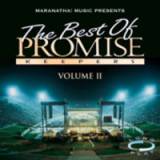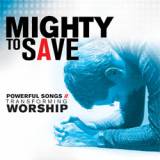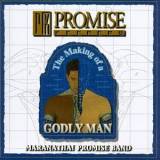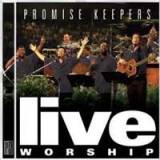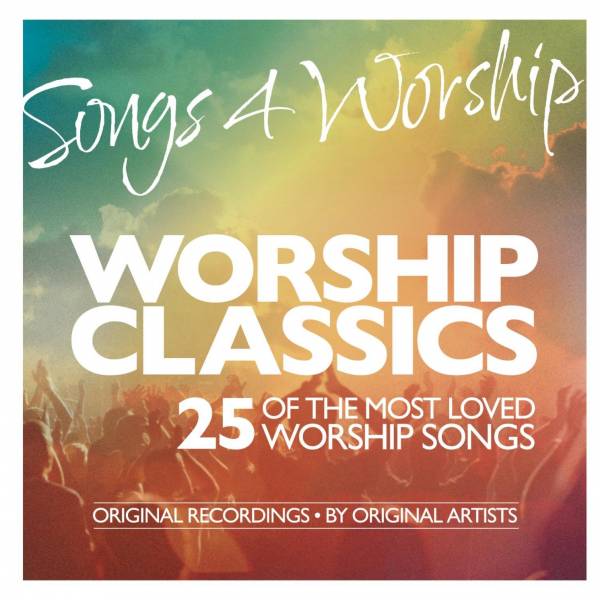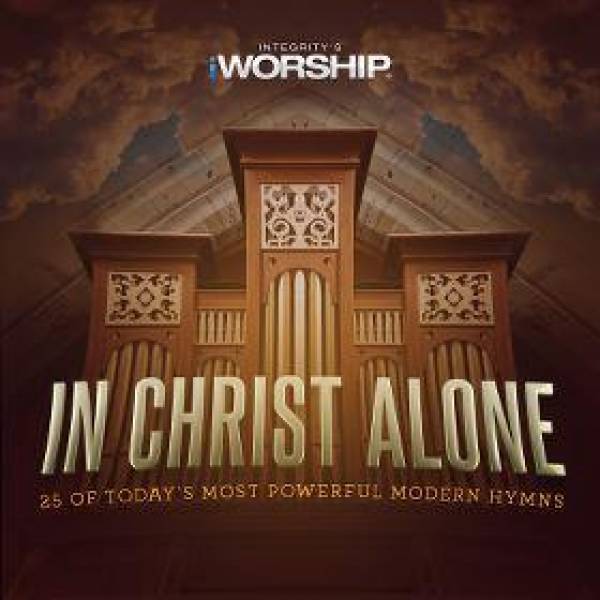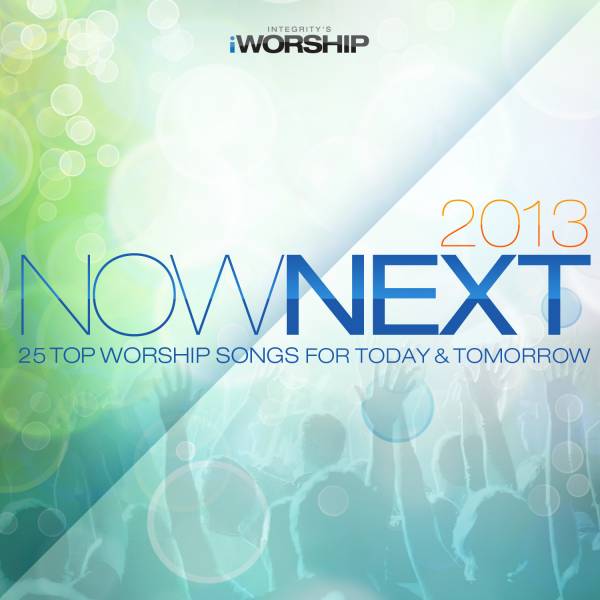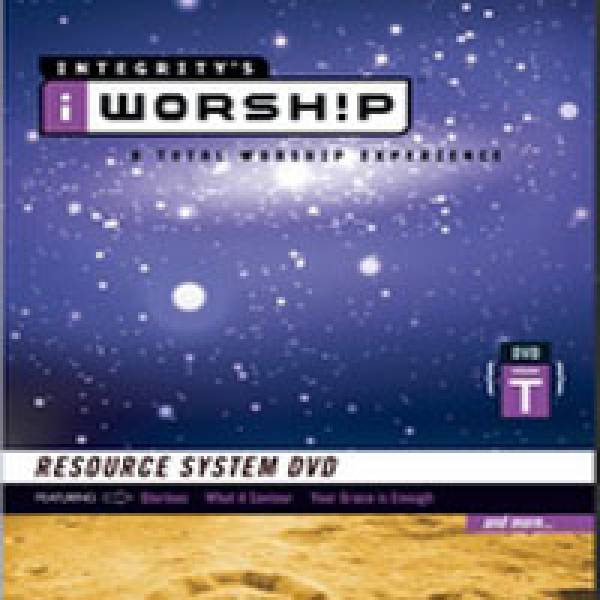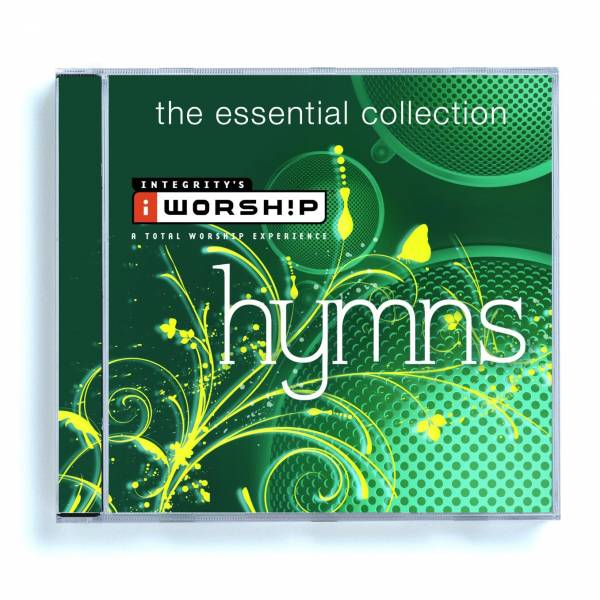
Promise Keepers

Promise Keepers
Popular
About
The core beliefs of the Promise Keepers, outlined in the Seven Promises, consist of the following:
* A Promise Keeper is committed to honoring Jesus Christ through worship, prayer and obedience to God's Word in the power of the Holy Spirit.
* A Promise Keeper is committed to pursuing vital relationships with a few other men, understanding that he needs brothers to help him keep his promises.
* A Promise Keeper is committed to practicing spiritual, moral, ethical and sexual purity.
* A Promise Keeper is committed to building strong marriages and families through love, protection and Biblical values.
* A Promise Keeper is committed to supporting the mission of his church by honoring and praying for his pastor and by actively giving his time and resources.
* A Promise Keeper is committed to reaching beyond any racial and denominational barriers to demonstrate the power of Biblical unity.
* A Promise Keeper is committed to influencing his world, being obedient to the Great Commandment (Mark 12:30-31) and the Great Commission (Matthew 28:19-20).
Promise Keepers was founded in 1990 by Bill McCartney, then the head football coach at the University of Colorado at Boulder. According to the group's website, McCartney got the inspiration for Promise Keepers on March 20, 1990, while he was attending a Fellowship of Christian Athletes banquet in Pueblo, Colorado, during a conversation with Dave Wardell, who was also in attendance at the event. He envisioned his home stadium, Boulder's Folsom Field, would be used as a gathering "for training and teaching on what it means to be godly men". In July 1990, 72 men met at Boulder Valley Christian Church in Boulder to organize what would be Promise Keepers' first event at University of Colorado's Event Center. From that point, the Promise Keepers' membership gradually grew. By the time of the first official PK conference in July 1991, approximately 4200 attended. The organization was incorporated as a nonprofit in the state of Colorado in December 1990.
What Makes a Man?, Promise Keepers' first hardbound book written for the organization, was published by The Navigators' Navpress publishing arm in 1992 for its first Folsom Field gathering in June of that year. Dr. James Dobson had McCartney on his Focus on the Family nationwide radio program that same month. McCartney resigned his coaching position in 1994 in order to focus his attention on the organization.
Promise Keepers' most notable event was its Stand in the Gap: A Sacred Assembly of Men open-air gathering at the National Mall in Washington, D.C. on October 4, 1997. C-SPAN carried the event live in its entirety. It was reported at the time to be the largest gathering of men in American history, surpassing even the Million Man March. In 1998 the Promise Keepers began to experience financial difficulties. There is speculation that the cause of this was related to the 1997 Washington rally. Attendance at regional rallies, admission to which cost $60 USD, dropped by 50%, as many men opted to attend the free Washington rally instead. The organization laid off its entire U.S. staff and became strictly a volunteer organization. From 1998 onwards, attendance figures at PK events were significantly smaller than they had been previously. Plans to have fifty simultaneous rallies on the grounds of every U.S. State Capitol at the turn of the millennium were canceled, over concerns about the Y2K bug. Further layoffs were announced in 2000.
McCartney resigned as president on October 1, 2003 after a personal leave of absence. Thomas Fortson, previously the group's executive vice president for administration and operations since 1996, became the group's president and CEO the same day.
On September 10, 2008 McCartney came out of five years retirement to become Promise Keepers CEO/Chairman. Along with McCartney's placement, former Promise Keepers vice president of ministry advancement and McCartney's Road To Jerusalem ministry collaborative partner, Raleigh Washington was named president of Promise Keepers.
The National Organization for Women, an American feminist organization, has expressed the view that the Promise Keepers are a threat to women's rights. NOW alleges that the group encourages inequality within marriages and teaches a doctrine of male superiority.
According to Amy Schindler, "the discourse of masculinity found within conservative religious movements, such as the Promise Keepers and the Victorian era movement 'muscular Christianity,' is inherently political. Any masculinity project aimed at restoring or reclaiming a 'traditional' male role for privileged white, heterosexual males has a political impact within the tapestry of class, race, and gender power.
The group was also criticized for doctrinal compromises and inconsistent doctrines. Dr. Raymond Hartwig, president of the South Dakota district of the Lutheran Church-Missouri Synod, commented: 'They use the Bible in a very simplistic form, as a springboard to jump into the law.'"
Promise Keepers. (2010, February 3). In Wikipedia, The Free Encyclopedia. Retrieved 20:06, February 8, 2010, from http://en.wikipedia.org/w/index.php?title=Promise_Keepers&oldid=341697354
[include key="creative-commons"]
Featured Albums
Featured in These Lists

This is as up-to-date as it gets. If a new song hits the airwaves and it starts trending fast, chances are you will be able to spot it here. If an old song suddenly spikes because of a unique current event, you'll see that here as well. So get out a bag of popcorn and hit refresh every 10 minutes to watch the race. Listen on Spotify.

Worship songs about miracles celebrate God's power to do the impossible, reminding us of His ability to heal, restore, and make a way where there seems to be none. These songs inspire faith and hope, inviting us to believe in His supernatural works in our lives. For moments of personal or corporate worship, download chord charts, lead sheets, orchestrations, and multitracks to bring these songs of divine miracles to life in your worship setting.

Songs about endurance encourage believers to find strength in God amidst challenges. These selections focus on themes of trust and perseverance. Download chord charts, lead sheets, orchestrations, and multitracks to support your worship team in leading these uplifting songs.

Suffering has the ability to turn us inward into ourselves and our loss or turn our hearts upward to our gain in having the Lord during them. During trials, we will never truly worship God as He desires until our passion for His glory exceeds our passion for the glory of ourselves. We can praise Him because His sovereignty generates trust, produces power, and springs hope in this life and the next. Whether brokenness is removed or remains, our worship declares that His adulation is our highest goal and ultimate delight. Download the chord charts, choir sheets, orchestrations, and multitracks for many of the top songs on the theme of despair.
